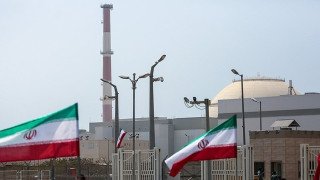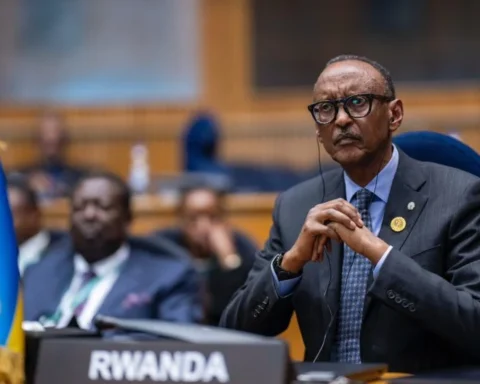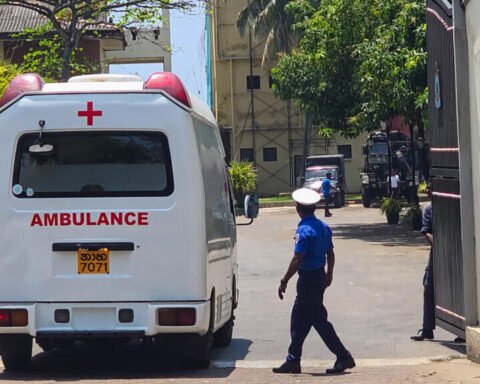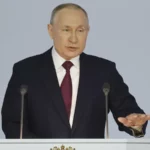As Tanzania heads toward its upcoming general elections in October 2025, a sobering question hangs in the air: are we genuinely choosing visionary leaders—or simply reinforcing the cycle of looters in power?
Over the past decade, corruption has stopped being a hidden flaw in the system. It now parades openly—creeping into everything from inflated contracts to basic government services. Whether you’re applying for a passport, seeking land registration, or hoping for a hospital bed, there’s often a price that shouldn’t be there.
This is no longer just about unethical practices. It’s about lost dignity, denied rights, and stolen futures.
Every shilling misused is not just a number in a report. It’s a school not built. It’s a clinic without medicine. It’s a village that continues to suffer without clean water. This is the hidden cost of corruption—a cost paid daily by ordinary Tanzanians.
The situation is further aggravated by how public appointments are handled. Contracts often go to politically connected individuals instead of competent citizens. This culture of nepotism not only discourages talent, but it compromises Tanzania’s future by sidelining those capable of real change.
Though the Prevention and Combating of Corruption Bureau (PCCB) is tasked with fighting corruption, many critics argue it remains toothless when dealing with high-level officials. Meanwhile, the average citizen is expected to navigate a maze of bureaucracy, bribes, and broken promises.
This year’s elections were supposed to be a turning point. In early 2024, the government introduced reforms aimed at making the Independent National Electoral Commission (INEC) more autonomous. However, the opposition argues that the reforms still leave key appointments in the hands of the executive—diluting any true sense of independence.
The country’s main opposition party, Chadema, has faced ongoing suppression. Its leader, Tundu Lissu, a longtime critic of government corruption, was disqualified from running after he refused to sign a new code of ethics imposed by the electoral body. He was later arrested and charged with treason after leading a peaceful rally calling for electoral reforms—an incident that sparked both national and international outrage.
Also Read; Uganda’s $12 Trillion Gold Discovery Sparks Global Buzz
Foreign human rights observers from Kenya and Uganda who attended Lissu’s hearing in May were arrested and later alleged they had been sexually assaulted and tortured during their detention. Their cases gained attention from international media and intensified pressure on the government over its handling of dissent.
Despite the challenges, a growing number of voices are pushing back. Among them is Bishop Josephat Gwajima, who has spearheaded what’s now called the “Gwajimanization Agenda.” It calls for an end to corruption, a review of the national constitution, and full accountability for all public officials. His message has found strong support among youth and civic groups across the country.
Tanzania does not lack resources—it lacks fair distribution and transparent governance. Corruption is not only stealing money—it is stealing dreams. And as long as state offices are treated as personal estates, real development will remain a distant promise.
This election may well determine whether Tanzania finally breaks free from the cycle of broken leadership or continues down a path that benefits the few at the expense of the many. The choice, ultimately, lies in the hands of the voters.







